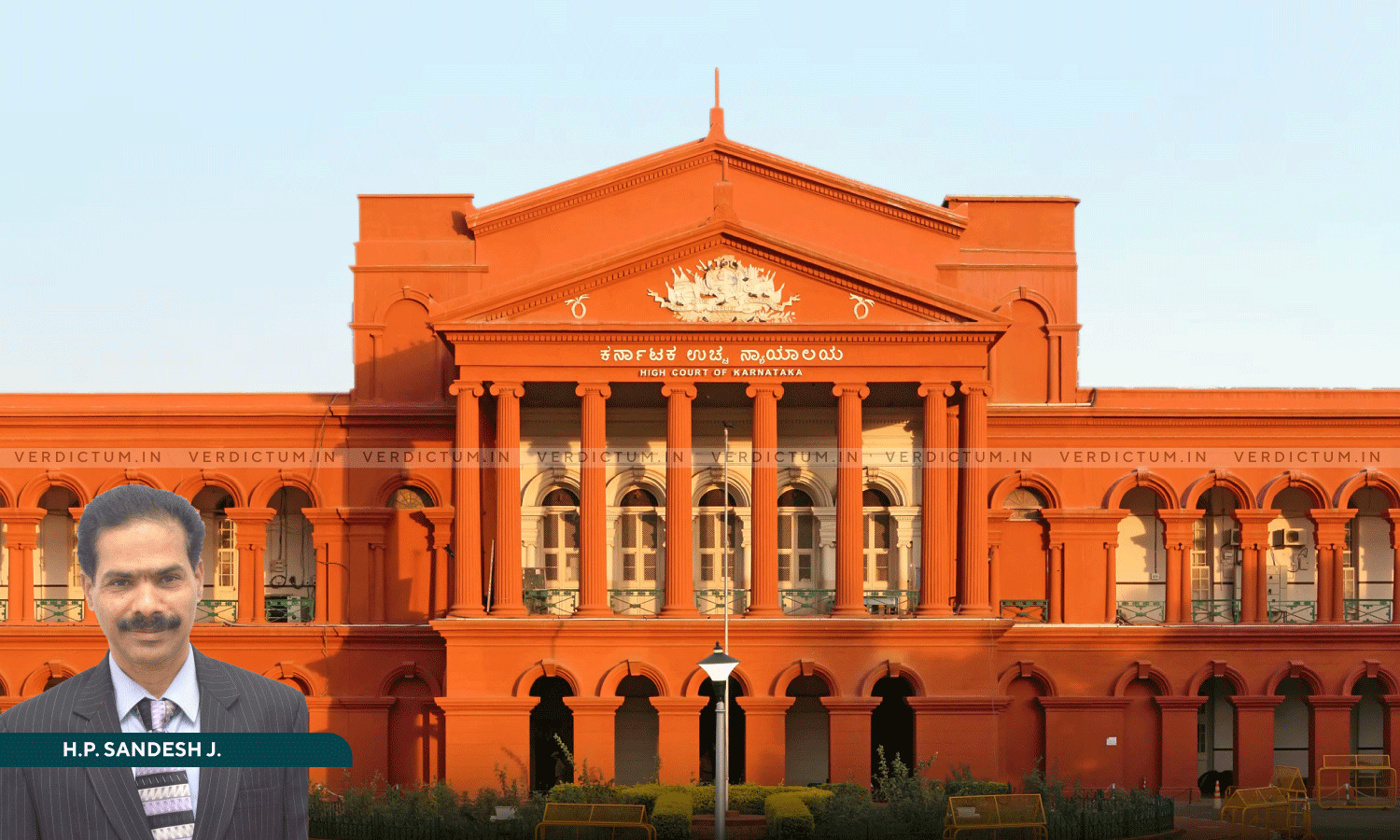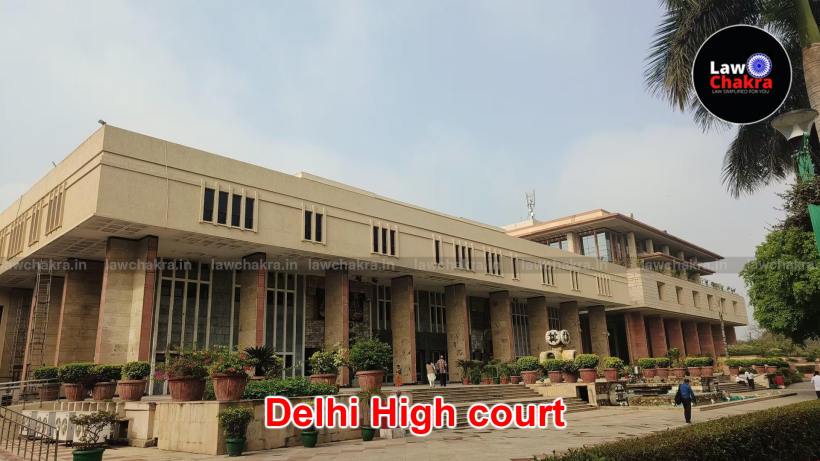Period Of Limitation For Filing Complaint In A Cheque Bounce Case Excludes Date On Which Cause Of Action Arose

The Karnataka High Court has explained that the period of limitation for filing a complaint in a cheque bounce case excludes the date on which the cause of action arose.
The Court set aside the Judgment of acquittal passed by the Trial Court in a cheque dishonour case. The Appeal was filed under Section 378(4) of the CrPC, challenging the acquittal in a case initiated under Section 138 of the Negotiable Instruments Act, 1881 (N.I. Act).
A Single Bench of Justice HP Sandesh held, “It is also important to note that the other judgment wherein also discussion was made that it commences from the receipt of information regarding the return of the Cheque unpaid. Having perused the Cheque and also the Ex.P2, it is clear that intimation was given on 05.08.2017 and notice was given on 04.09.2017 and the very contention of the counsel that it was 31st day and Trial Court also accepted the same.”
Advocate Lohith M appeared for the Appellant, while Advocate Chandrashekar P. Patil represented the Respondent.
Brief Facts
The complainant alleged that the Appellant had borrowed a hand loan for his business development and issued a cheque for this amount, which was subsequently dishonoured due to insufficient funds. Despite a legal notice, the Appellant failed to pay the amount, leading to the criminal complaint.
The Trial Court acquitted the Appellant on the ground that the complainant had failed to prove that there is a legally enforceable debt.
Court’s Reasoning
The High Court noted, “Having heard the appellant’s counsel and also the counsel appearing for the respondent and also the judgment of the Trial Court, the Trial Court while dismissing the complaint, comes to the conclusion that notice was not issued within 30 days and it was issued on 31st day and the same was discussed in paragraph No.14 and also extracted the answer elicited from the mouth of P.W.1 and even if any answer is given by the complainant that admitting that notice was given after period of limitation, the Court has to take note of the statute and Section 138(a) and 138(b) of N.I Act also to be looked into and the Section 138(b) is very clear that the payee or the holder in due course of the Cheque, as the case may be makes a demand from the payment of the said amount of money by giving a notice in writing to the drawer of the cheque (within 30 days) of the receipt of information by him from the bank regarding the return of the Cheque as unpaid and also the time stipulation is made in Section 138(c) of the N.I Act.”
The Bench remarked, “It is important to note that in view of the judgment the intimation given by the bank has to be excluded and the same cannot be taken into consideration and if the same is taken into consideration, the notice is within time of 30 days and hence, the very finding given by the Trial Court is erroneous with regard to the limitation is concerned.”
Consequently, the Court ordered, “The impugned judgment of acquittal passed by the Trial Court in C.C.No.386/2018 dated 08.02.019 is setaside. Consequently, the appellant is directed to pay the fine of Rs.12,00,000/- and out of that the complainant is entitled for an amount of Rs.11,70,000/- and remaining amount of Rs.30,000/- shall be defrayed in favour of the State. If the appellant fails to pay the amount within two months from today, the accused is sentenced to undergo imprisonment for a period of one year.”
Accordingly, the High Court allowed the Appeal.
Cause Title: B.R. Anand v. V.R. Gisha (Neutral citation: 2025:KHC:15464)




